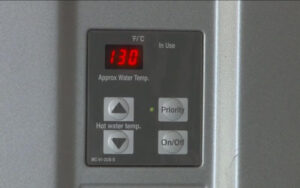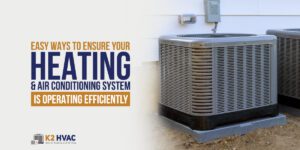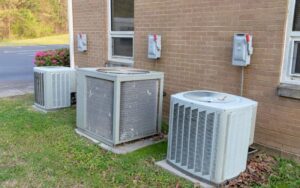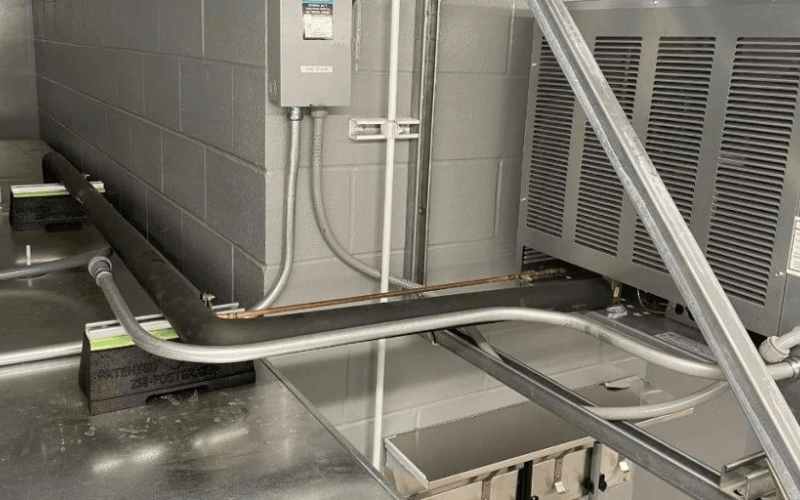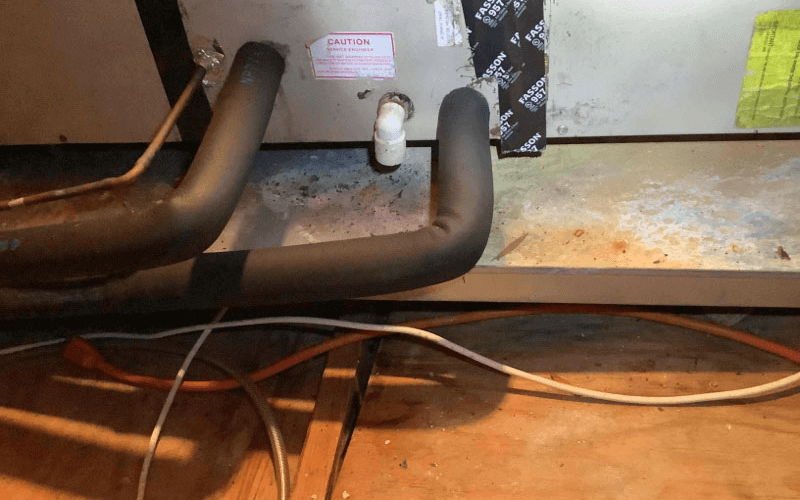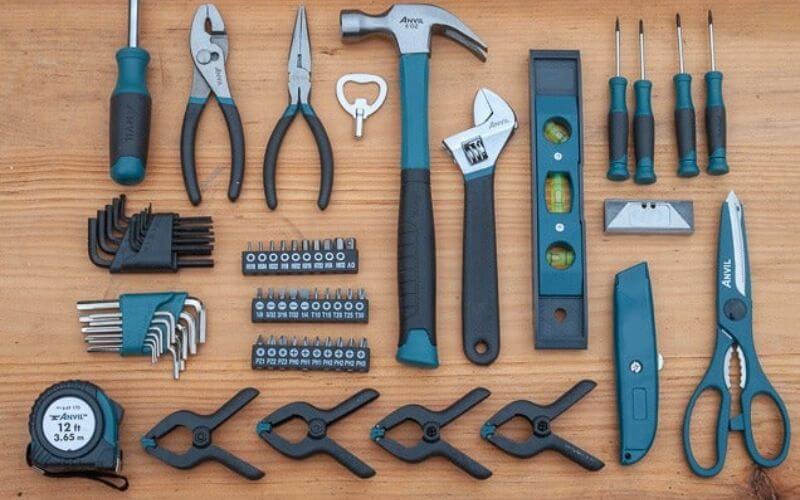All plumbing equipment, from the shower to the dishwasher, requires high water pressure to function effectively. The water heater in the home can influence the temperature and pressure of hot and cold water. This article will look at how heaters affect water pressure swings.
Table of Contents
ToggleHot Water Pressure and Heaters:
Water pressure in a plumbing system is determined by the water heater, which increases as the temperature of the water in the tank rises after receiving cold water. When the unit is turned on, cold water is sucked into the container, where it is heated by coils and subsequently blasted out as hot water via a wall aperture.
Residential water pressure is maintained by components such as pressure regulators and pipelines, not by the water heater itself.
Also, Read: How To Tell If Water Heater Is Gas Or Electric?
| Image | Product | Features | Price |
|
Best Seller
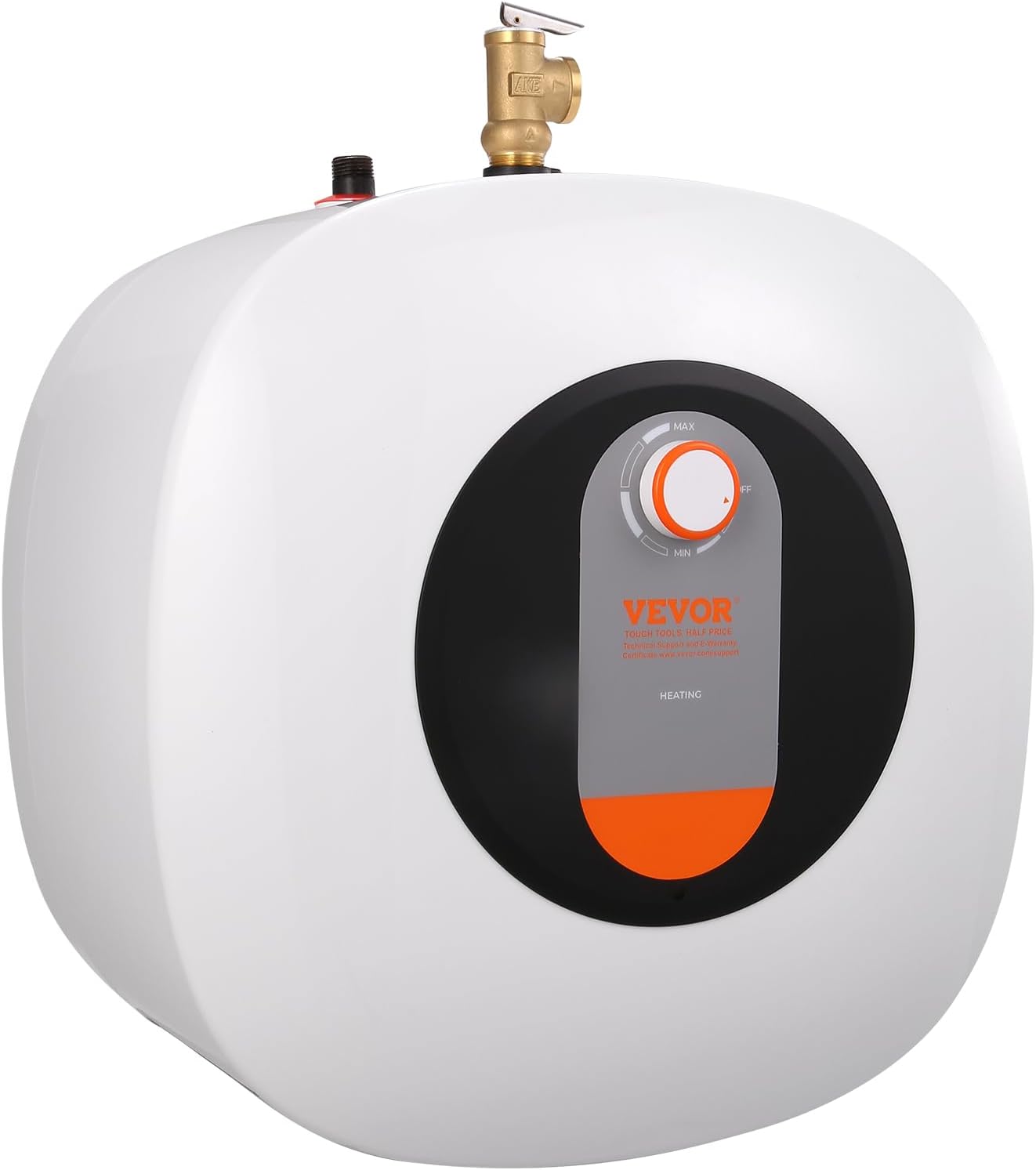
|
VEVOR Electric Mini-Tank Water Heater, 8-Gallon Tank Hot Water Boiler Storage |
1400W Power, Safety Temperature Pressure Valve Easy Install, |
$178.19
|
|
Best Seller
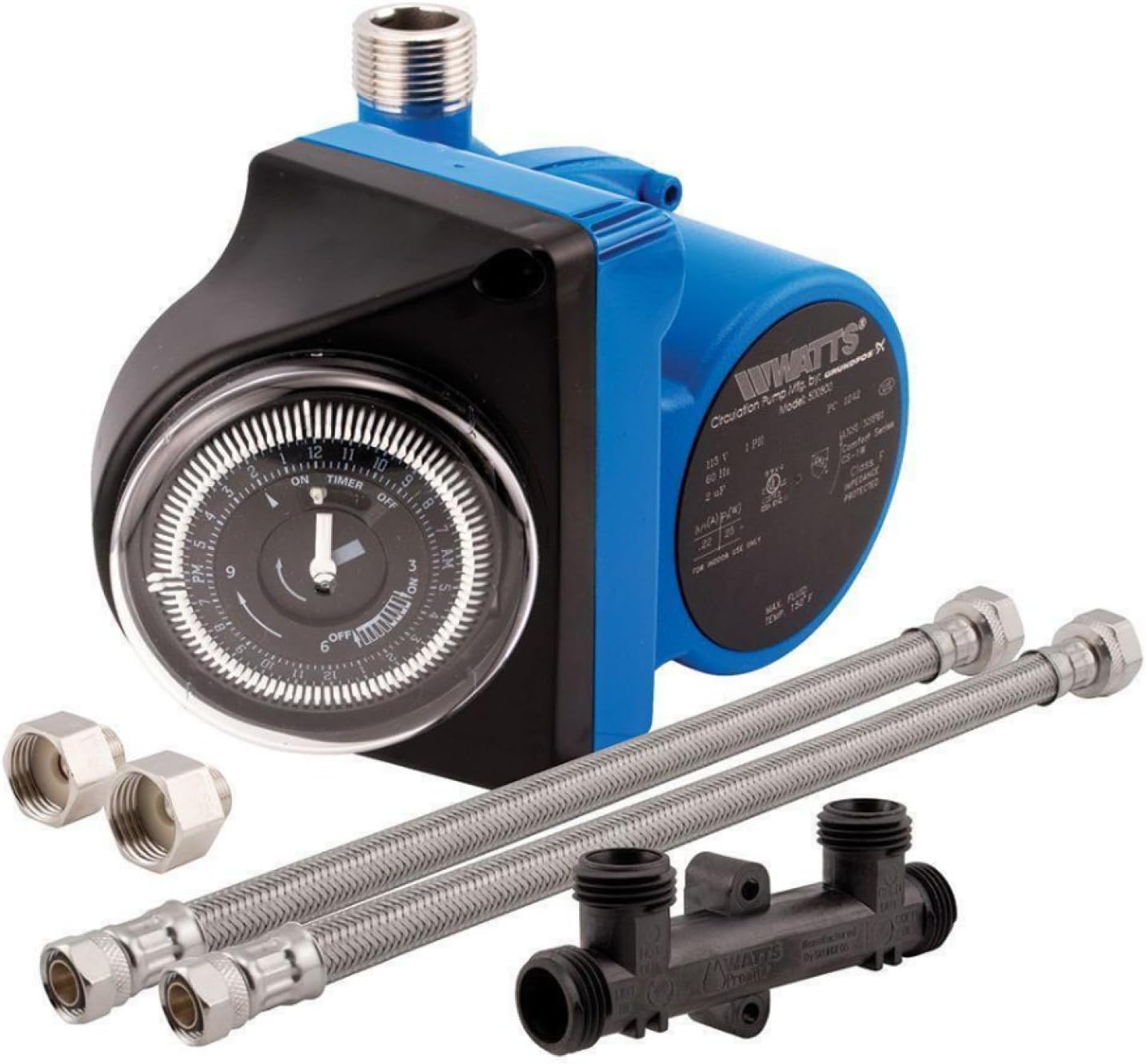
|
Watts Premier Extremely Quiet Instant Hot Water Recirculating Pump System |
|
$122.99 |
|
Best Seller
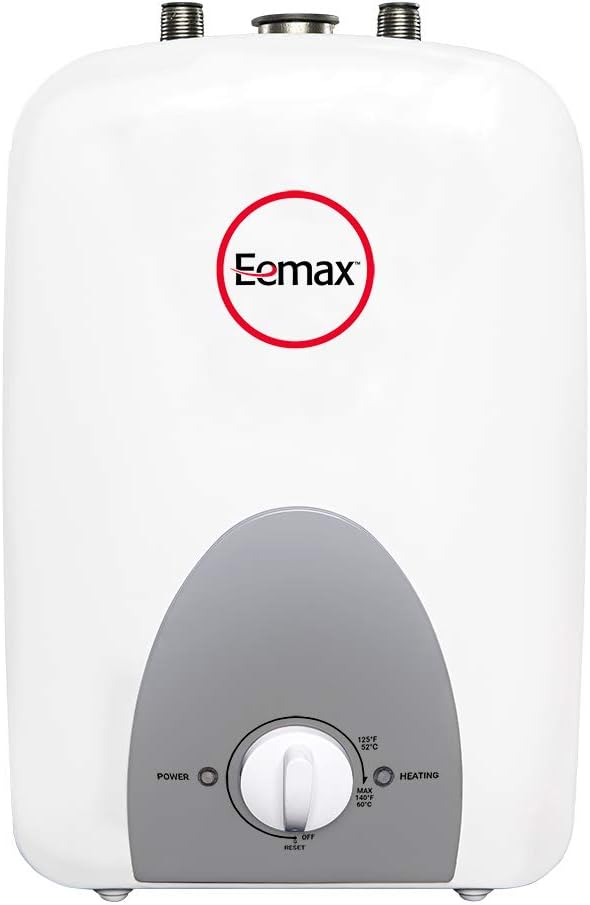
|
Honeywell Home RTH9585WF Wi-Fi Smart Color Thermostat |
White , 12.50 x 11.00 x 10.00 inches |
$195.47 |
|
Best Seller
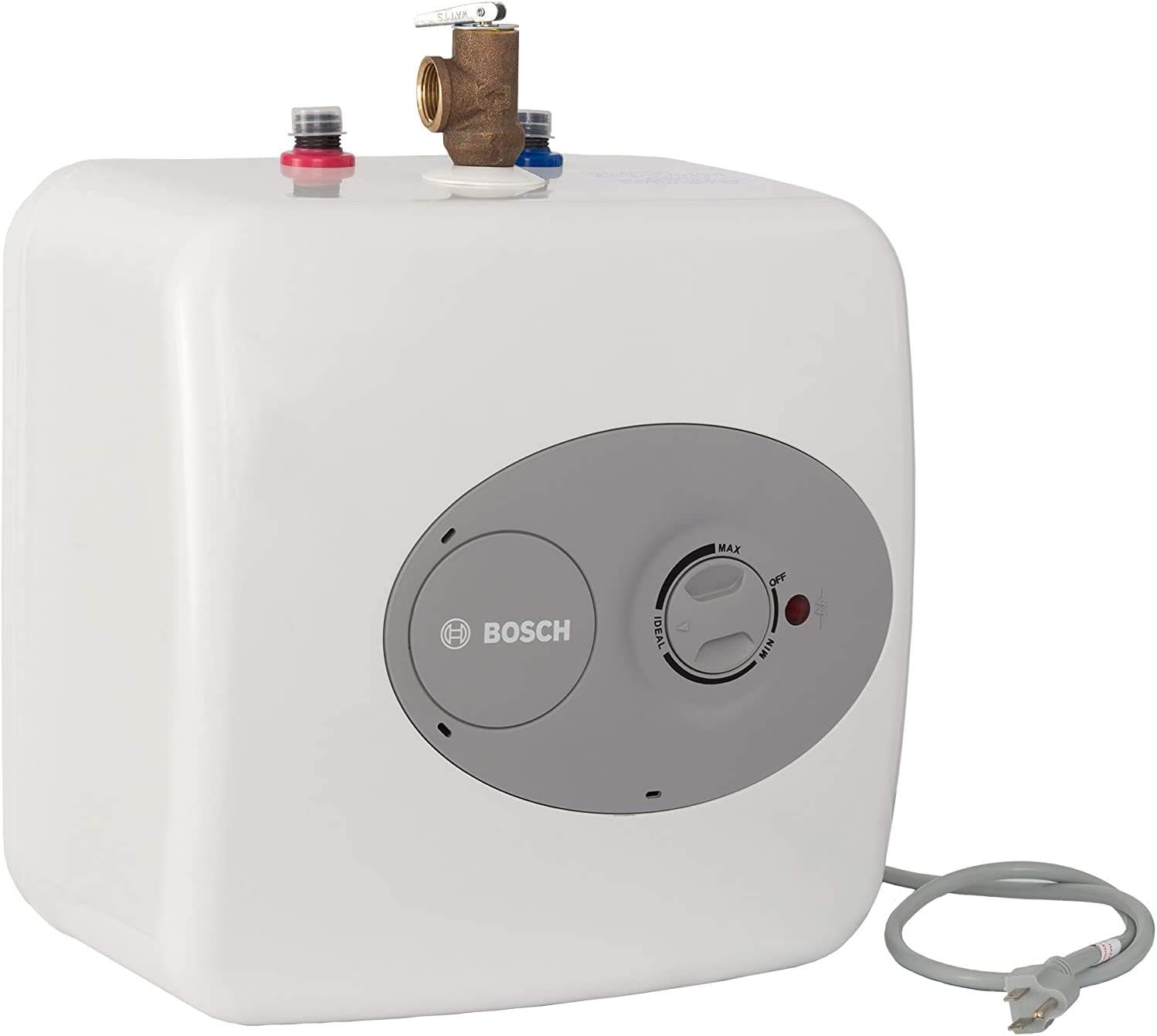
|
Bosch Electric Mini-Tank Water Heater Tronic 3000 T 2.5-Gallon (ES2.5) |
Eliminate Time for Hot Water – Shelf, Wall or Floor Mounted |
$231.99 |
|
Best Seller
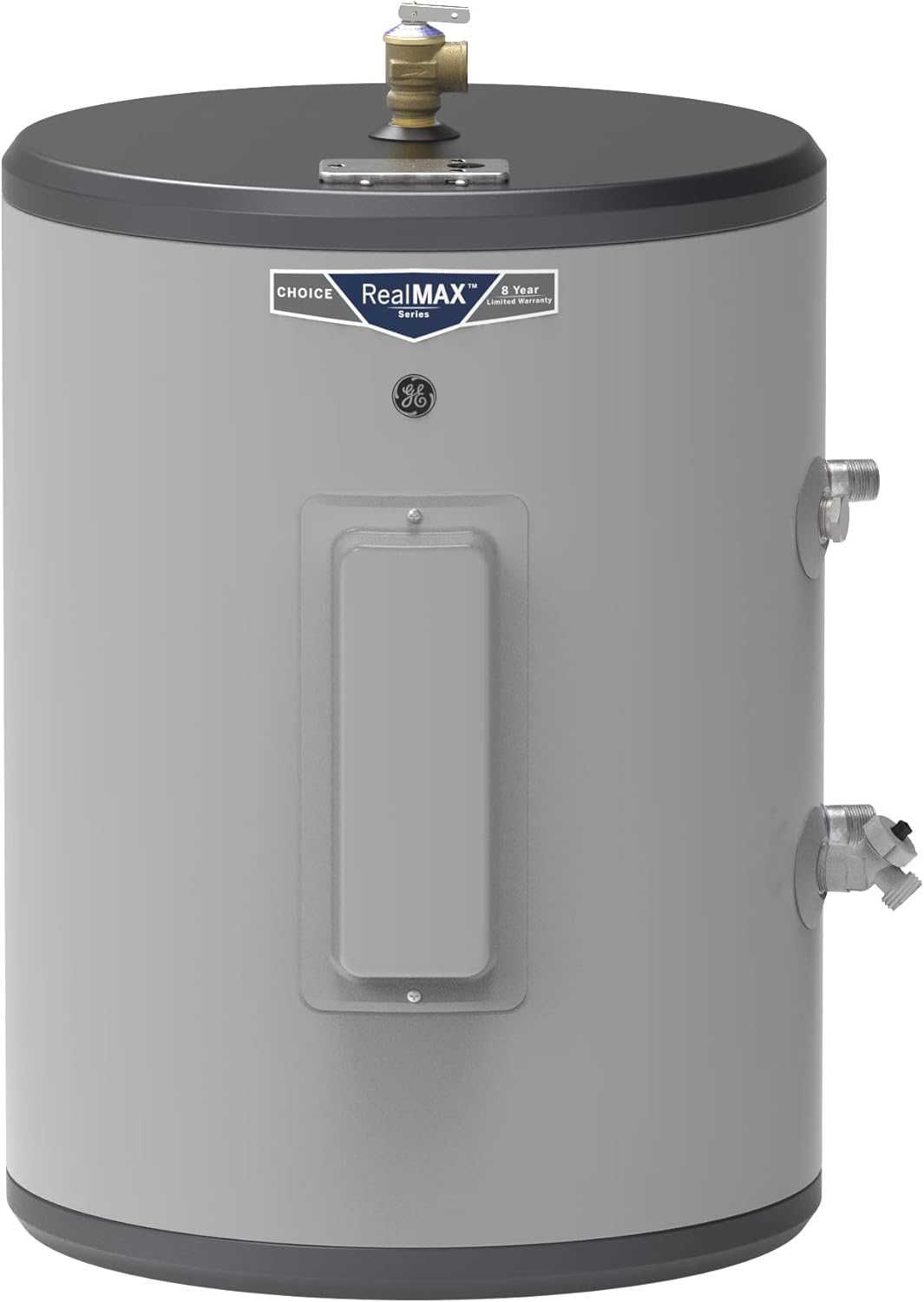
|
GE Appliances Point of Use Water Heater | Electric Water Heater with |
Water Heater with Adjustable Thermostat & Drain Valve |
$398.26 |
Water Heaters and the Cold Water Pressure:
Water heaters primarily affect hot water pressure, but they may also have an indirect effect on cold water pressure. Because a typical storage water heater system is interconnected, a single issue or leak anywhere in the system can rapidly reduce the pressure of both the hot and cold water supplies.
If defective pumps or municipal supplies are to blame, water pressure in a certain location may drop dramatically. Unless there’s a problem with your hot water supply or your water heater starts leaking, it’s probably one of your home’s least-appreciated appliances.
How Does A Water Heater Affect Water Pressure?
Shut Off Valve:
Because all shut-off valves must be fully open for full pressure restoration, low pressure in plumbing systems is frequently traced back to a problem with your water heater’s shut-off valve not entirely opening, restricting water flow through pipes. This could be due to you or a family member inadvertently adjusting the valve or it failing to close correctly after installation. Simply open all shut-off valves to restore full pressure in your plumbing.
Pipe Issues:
Low water pressure could be caused by defective water heater pipes. If your basement is too small to accommodate a tank water heater, your plumber may advise you to relocate the unit before installing the appropriate plumbing. Multiple turns in the pipe going to your fixtures can create pressure drops and other issues.
The answer to an issue can be as simple or as complex as the problem itself, depending on the angle from which it is viewed. Only expert plumbers will be able to handle these problems.
Also, Read: Can You Still Use Water If the Heater Is Leaking?
Water Heater High Water Pressure Causes:
Mineral Deposits:
Water heater storage tanks may leak, rupture, or explode if mineral or sediment deposits prevent water from discharging back into the atmosphere from heated sources, drastically increasing pressure and temperature.
Calcium and magnesium buildup inside a water tank can restrict capacity and cause pressure issues. By removing collected silt by draining, you can avoid this problem, resulting in improved performance and no more high-pressure concerns.
Temperature Control Misconfiguration:
When the temperature inside a water heater’s tank rises above 120 degrees Fahrenheit, so does the pressure, which can create leaks and other difficulties if the thermostat is not correctly adjusted. As the internal pressure inside the tank rises, leakage and other difficulties become more likely.
Internal stress may potentially lead to leaks or other issues. If the tank’s internal pressure continues to rise, new complications or difficulties may occur, perhaps causing leakage or other concerns.
High-Pressure Warning Signs:
If you know what to look for in a high-pressure water heater, you may be able to avoid more significant problems. Some warning signs are:
- Unusual Sounds
- Hissing or Seeping
- Rusting
It’s critical to recognize warning indicators as soon as they appear so that you can take preventative actions and implement remedies before any additional damage is done.
Water Heater Maintenance:
Overheated water heaters can create a number of issues, including a loss in water pressure, so it’s critical to keep yours in good operating condition to avoid issues such as cracked walls, leaking connections, and Dripping Drains. Routine inspections are required to detect these hazards and any cracks that could jeopardize their integrity.
If there are any differences during these checks, seek immediate medical assistance. Failure to maintain proper tank-to-unit size can result in significant damage or death to everyone in the proximity.
A licensed plumber is required for high-pressure water heater problems. Don’t risk your family’s safety by disregarding indicators of high pressure; instead, contact a professional plumber as soon as you detect anything unusual about your water heater.
Conclusion:
Because of its capacity to manage the pressure of both hot and cold water, water heaters are frequently used in residential plumbing systems. Despite the fact that their major role is to alter hot water pressure levels, their operation may have unforeseen consequences for cold water pressure levels in other parts of the house. Routine maintenance and rapid repair operations are necessary to keep all plumbing systems working and maintain steady pressure levels.
FAQ:
What Effect Do Valves Have on Water Pressure?
Every water heater has an overflow valve to avoid flooding in the case of an overfill. To return to normal volume, simply pick “Open” once more.
What is the most prevalent cause of low water pressure?
One of the most common causes of low water pressure in a home is an old fixture. Corrosion in old galvanized steel water pipes can dramatically reduce water flow. Mineral deposits such as silt and limestone can clog the fixtures and prevent water from flowing freely.
How much water pressure should a house have?
The pressure level might vary, but for most residential dwellings, 60 PSI (pounds per square inch) is suggested. Water pressure should not exceed 80 PSI. Because of the stress on plumbing and other parts, anything higher might cause key appliances, such as water heaters and toilets, to cease working correctly.


